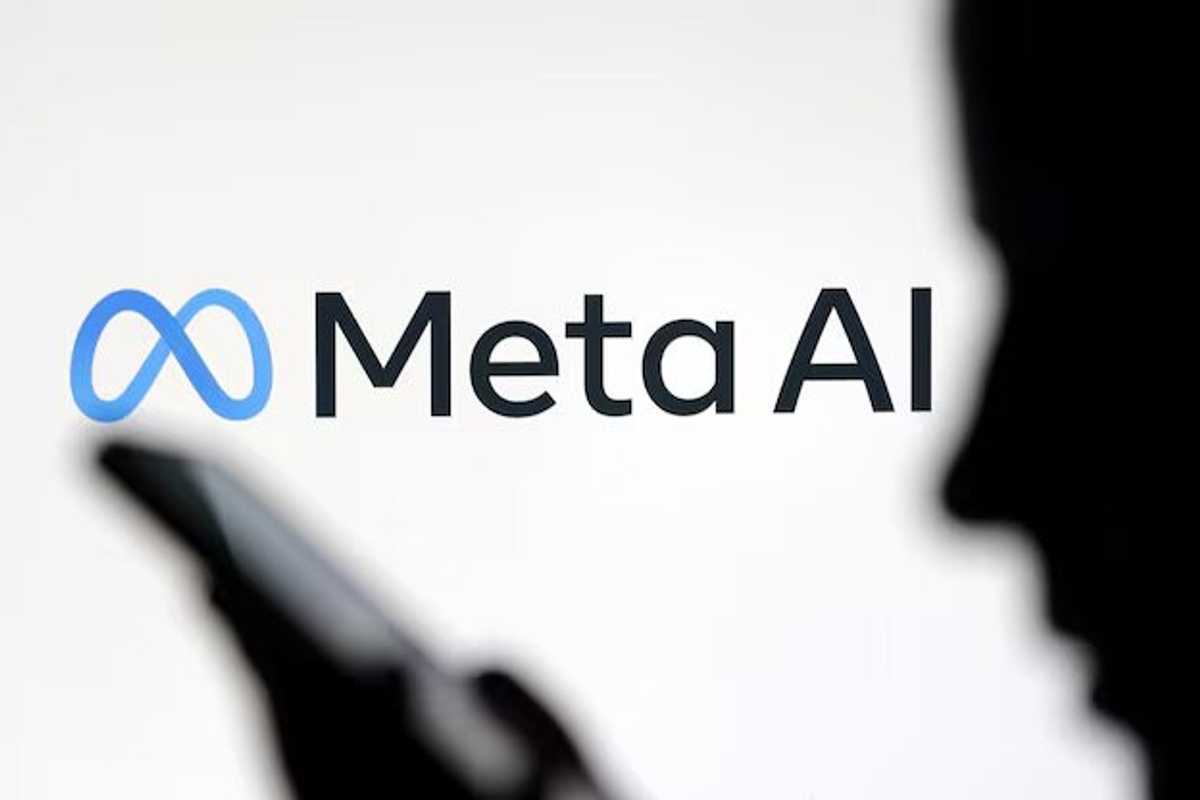Pakistan, Meta launch Urdu AI ‘ALIF’ to boost digital inclusion
Minister Shaza Fatima says Urdu AI launch is key to ensuring no citizen is left behind in tech progress

Javed Hussain
Correspondent
I have almost 20 years of experience in print, radio, and TV media. I started my career with "Daily Jang" after which I got the opportunity to work in FM 103, Radio Pakistan, News One, Ab Tak News, Dawn News TV, Dunya News, 92 News and regional channels Rohi TV, Apna Channel and Sach TV where I worked and gained experience in different areas of all three mediums. My journey from reporting to news anchor in these organisations was excellent. Now, I am working as a correspondent with Nukta in Islamabad, where I get the opportunity of in-depth journalism and storytelling while I am now covering parliamentary affairs, politics, and technology.

In a major step toward digital empowerment, Pakistan’s Ministry of Information Technology and Telecommunication (MoITT) and Meta launched on Monday “Future in Focus: AI and Innovation,” an event centered on advancing artificial intelligence and digital transformation in Pakistan.
The gathering brought together government officials, industry experts, and academia to discuss strategies for a technology-driven future.
At the event, Meta introduced ALIF, a localized Urdu version of Meta AI designed to make artificial intelligence more accessible to Pakistanis. The tool enables users to interact with Meta AI in Urdu, complementing its existing English interface.
By supporting Urdu-language interactions, ALIF allows users to access information, communicate ideas, and use digital tools in their native language. The initiative aims to make AI more inclusive and bridge the digital divide across communities.
Federal Minister for Information Technology and Telecommunication Shaza Fatima Khawaja inaugurated the event and underscored the significance of technological inclusion.
“Under the Prime Minister’s Digital Nation Vision, Pakistan is moving rapidly toward a future where technology empowers every citizen,” she said. “The launch of ALIF, the Urdu version of Meta AI, is a milestone in making technology accessible for all, ensuring no one is left behind in our digital transformation journey.”
Alongside ALIF, Meta launched a localized version of its guide, “Transforming Public Sector Innovation in Asia Pacific with Llama,” developed in partnership with Deloitte and supported by MoITT.
The guide outlines how Meta’s open-source AI model, Llama, can help governments improve service delivery, enhance public sector operations, and strengthen data sovereignty within state institutions.
Sarim Aziz, Director of Public Policy for South and Central Asia at Meta, reaffirmed the company’s commitment to supporting Pakistan’s digital initiatives.
“Through our partnership with MoITT, HEC, and NCEAC, these initiatives aim to empower the public sector and academia to leverage AI for digital transformation,” Aziz said. “Supporting Urdu interactions with Meta AI opens new opportunities for local communities to engage with technology in their own language.”
The event also spotlighted the AI Literacy Programme, launched earlier this year by MoITT in collaboration with Meta, the Higher Education Commission (HEC), the National Computing and Emerging Sciences Accreditation Council (NCEAC), and Atomcamp.
The program targets 350 non-computer science faculty members from universities across Pakistan, helping them gain core competencies in artificial intelligence. The initiative is designed to spread AI awareness beyond technical fields and strengthen the link between academia and industry.
Fizza Amjad, CEO of Atomcamp, said the literacy program would have far-reaching impact across Pakistan’s education system.
“By equipping non-technical faculty with AI knowledge, we create a ripple effect that reaches thousands of students and strengthens the link between academia and industry,” Amjad said. “This initiative ensures AI literacy extends beyond computer science, shaping how future professionals across disciplines engage with emerging technologies.”
The collaboration between MoITT and Meta represents Pakistan’s increasing commitment to building an AI-ready and digitally empowered society.
With ALIF, the AI Literacy Programme, and the Llama public sector innovation guide, the government and Meta aim to accelerate the country’s digital transformation and ensure that innovation remains inclusive and accessible to all citizens.
Together, these efforts position Pakistan as a regional leader in adopting artificial intelligence for public good while promoting linguistic diversity and inclusion in technology.







Comments
See what people are discussing